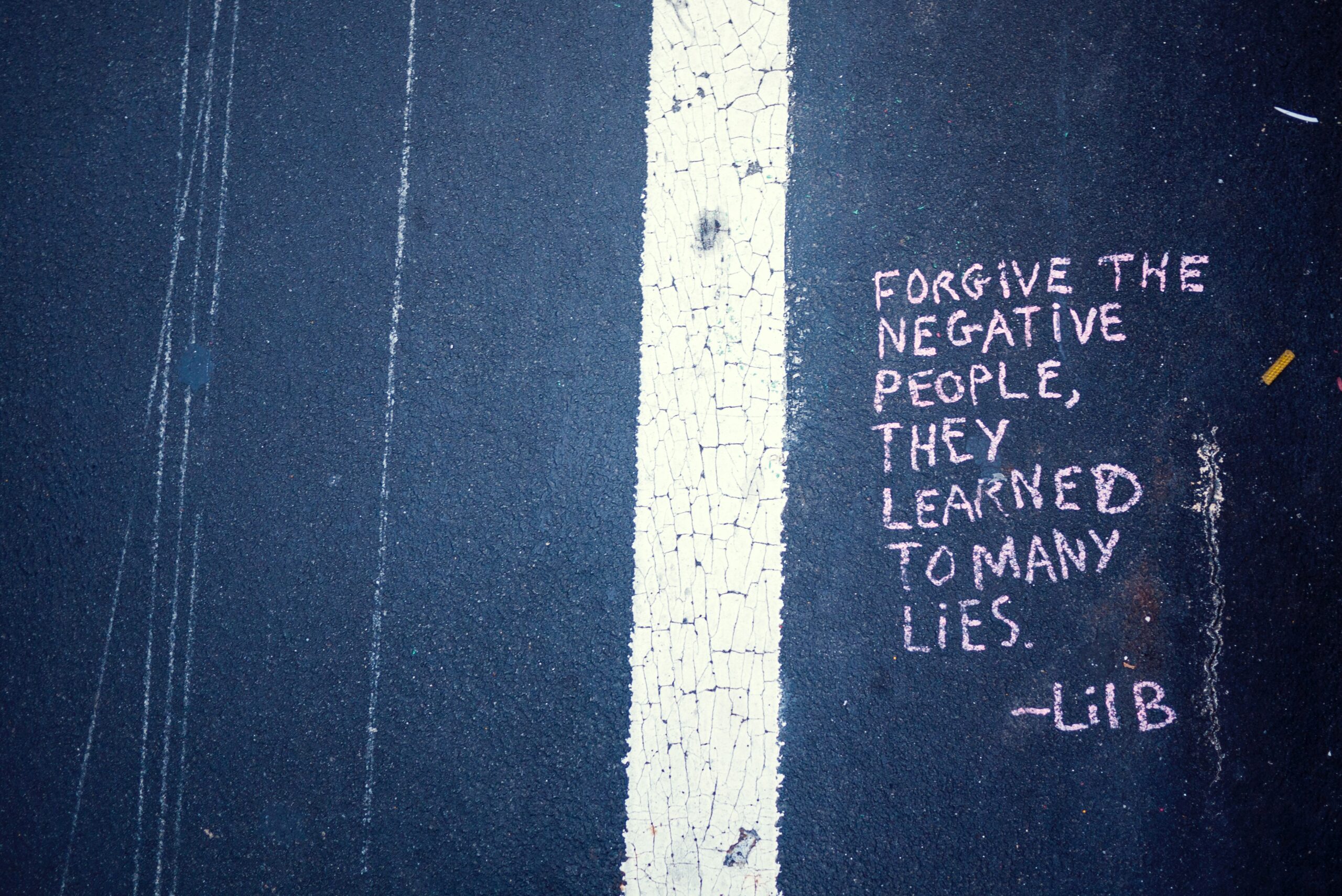As we usher in the new year, a common mantra often heard is that forgiveness is not about the other person, but rather about oneself. This perspective emphasizes self-healing and moving forward. However, forgiveness is not always a one-size-fits-all solution. In fact, there are situations where forgiveness may not be the best answer, and can even be detrimental to one’s future growth and success.
In their study, Adams et al. (2015) discuss an intriguing aspect of forgiveness: how expressing forgiveness can sometimes lead others to avoid you. This avoidance could be attributed to a perceived lack of accountability. When forgiveness is granted too easily or without the transgressor acknowledging their fault, it may discourage responsibility and genuine change. Therefore, in situations where accountability and change are crucial, forgiveness might not be the immediate answer.
Derrida (2015) delves into the concept of the unforgivable in his work “To Forgive: The Unforgivable and the Imprescriptible.” He suggests that some actions, due to their severe nature, may be beyond forgiveness. This perspective challenges the notion that all actions are forgivable and highlights the importance of assessing the gravity of the offense before considering forgiveness.
Kiper and DiVietro (2018) in “Perspectives on Forgiveness” emphasize the importance of timing in the forgiveness process. They argue that premature forgiveness may impede emotional processing and healing. Forgiveness should come after a thorough understanding and processing of the hurt, not to hastily move past a difficult situation.
Lichtenfeld et al. (2015) make a distinction between decisional and emotional forgiveness. While decisional forgiveness involves a conscious choice to forgive, emotional forgiveness is the internal process of letting go of negative emotions. In some cases, deciding to forgive (decisional) without actually processing and overcoming the emotions (emotional) can lead to unresolved feelings and hinder personal growth.
In pop culture, we often see characters grappling with the decision to forgive or not. These narratives reflect the complexities of forgiveness in real life. For instance, in some movies and TV shows, characters who prematurely forgive typically find themselves revisiting the same issues, as the root problem remains unresolved. This mirrors the academic perspective that forgiveness should be a process, not an immediate reaction.
Forgiveness is a powerful tool in personal growth and emotional healing, but it is not always the right response. Situations requiring accountability, the severity of the offense, timing, and the distinction between decisional and emotional forgiveness are critical factors to consider. As we step into the new year, it’s important to recognize that while forgiveness can be healing, it should not be forced or rushed. Understanding when not to forgive is just as significant as knowing when to extend forgiveness.
References:
- Adams, G. S., Zou, X., Inesi, M. E., & Pillutla, M. M. (2015). Forgiveness is not always divine: When expressing forgiveness makes others avoid you. Organizational Behavior and Human Decision Processes, 126, 130-141.
- Derrida, J. (2015). To forgive: The unforgivable and the imprescriptible. In Love and Forgiveness for a More Just World: Columbia University Press (pp. 144-181). Columbia University Press.
- Kiper, J., & DiVietro, S. (2018). Introduction: When and When not to Forgive. In Perspectives on Forgiveness (pp. vii-xxv). Brill.
- Lichtenfeld, S., Buechner, V. L., Maier, M. A., & Fernández-Capo, M. (2015). Forgive and forget: Differences between decisional and emotional forgiveness. PloS one, 10(5), e0125561.
Photo by Susan Q Yin on Unsplash

